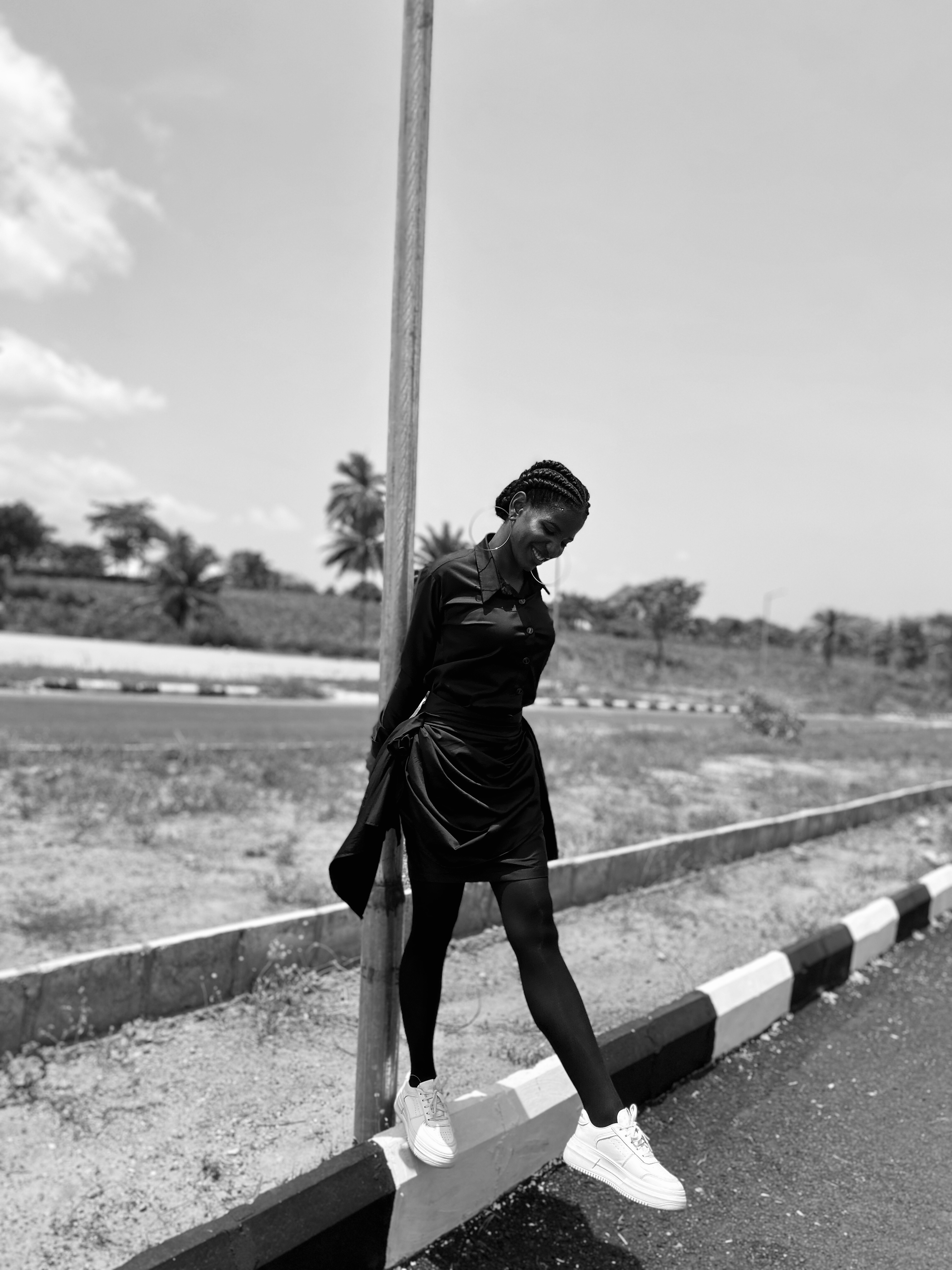YOUNG CAPTAIN
The future is theirs,
Ever written in their bleeding palms.
Ever written in their bleeding palms.

The future is ours,
Searching for those that will set the course.
Searching for those that will set the course.
We are trailblazer,
A burden that comes with adulthood.
A burden that comes with adulthood.
We are peace-setters,
A responsibility our shoulder must bear.
A responsibility our shoulder must bear.
Analysis/ Review of the poem.
This is a short beautiful poem written by Okoro Amarachi Anastasia. A poem of four stanza with two lines (couplets) each with no rhyme scheme. The theme of this poem is clearly stated as the poet intent is revealed. This is poem focus on the youth as it subject matter or audience. This is a poem that simply acknowledged youths as young captain.
Being a youth come with responsibility and burdens. It is a stage where freedom is given with one hand and task is also given in the other hand. It is a period that defines one purpose of life, and shaping what the rest of season will look like. That why the poet made it open is first stanza, “The future is theirs” they are the future generations and what they do with their lives builds the kind of world, the next generation will see. The future is written is a palms, though, the poet describes it, a bleeding palms which symbolizes a sense of pain, work and burden that come with such responsibility. The next stanza, also kicked off with the same affirmative, but this time, the poets used the word “ours” instead of “theirs” which show a sign of inclusive. In the fourth lines, the theme of the poem become more open when she said “Searching for those that will set the course”. This is shows that the present generation lack the awareness that they are ones to bring the change they seek. They are one that decides their future.
Stanza three and four goes with third person pronoun “we” admitting that they are the trailblazer, pathfinder / path setters which the responsibility or task to fulfill their duty or obligations. The question is “Are the youths of this generation ready to accomplish that?”
Poetics devices employed in the poem are; Repetition seen in line 1 and 3 “The future”, also “we are” which is seen in line 3 and 4. Idiomatic expression or metaphorical statement in the last line (line 8) of the poem which stated “A responsibility our shoulder must bear”

